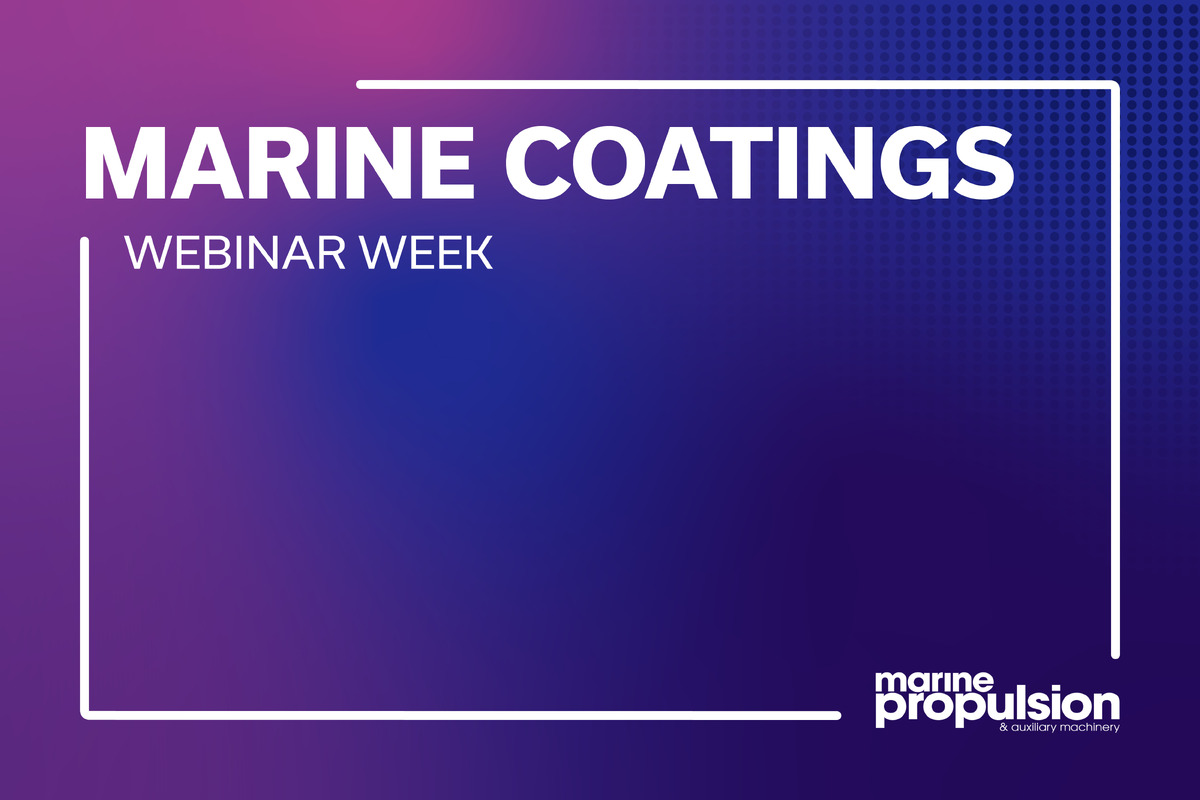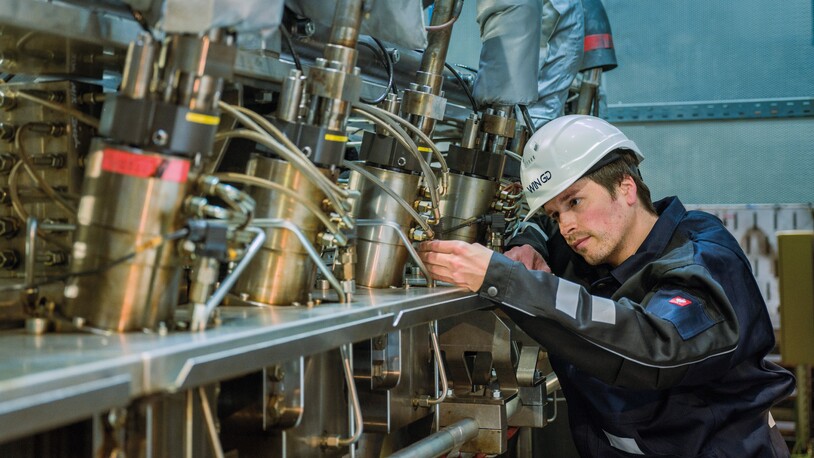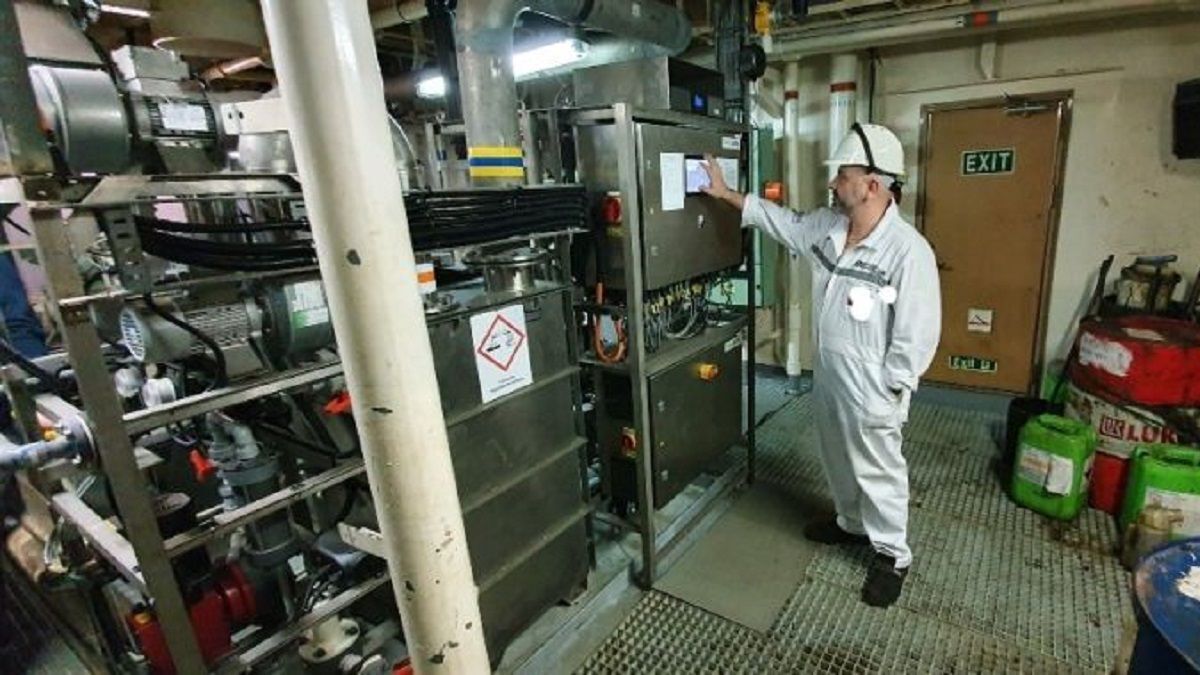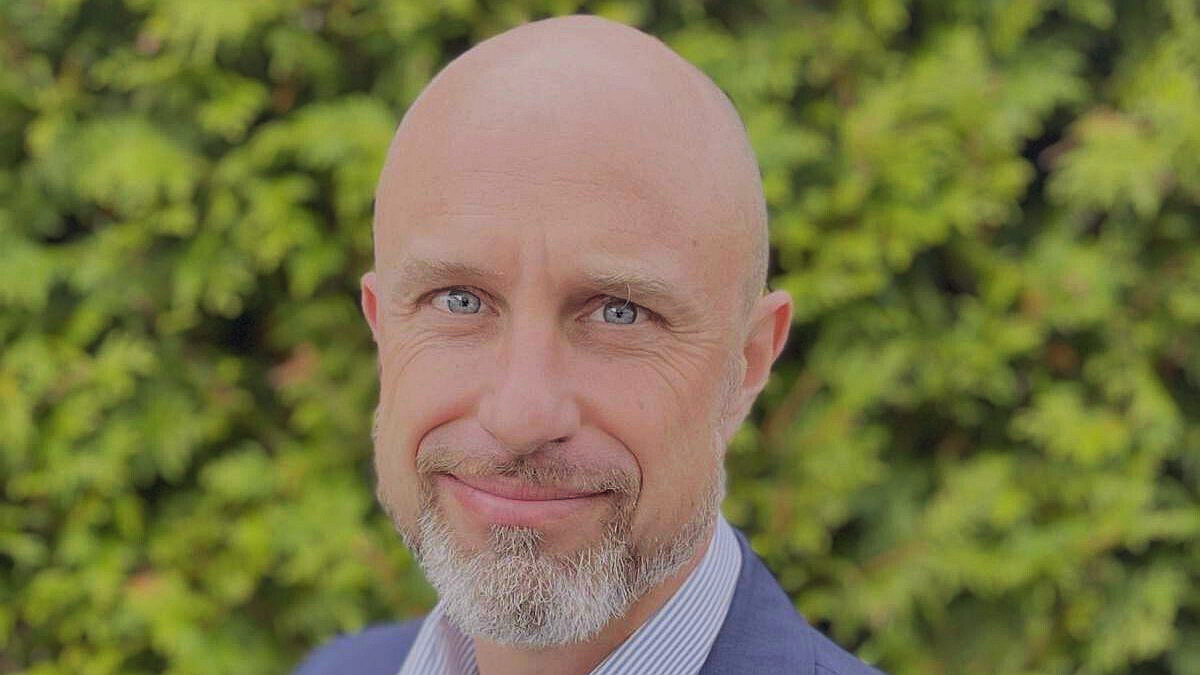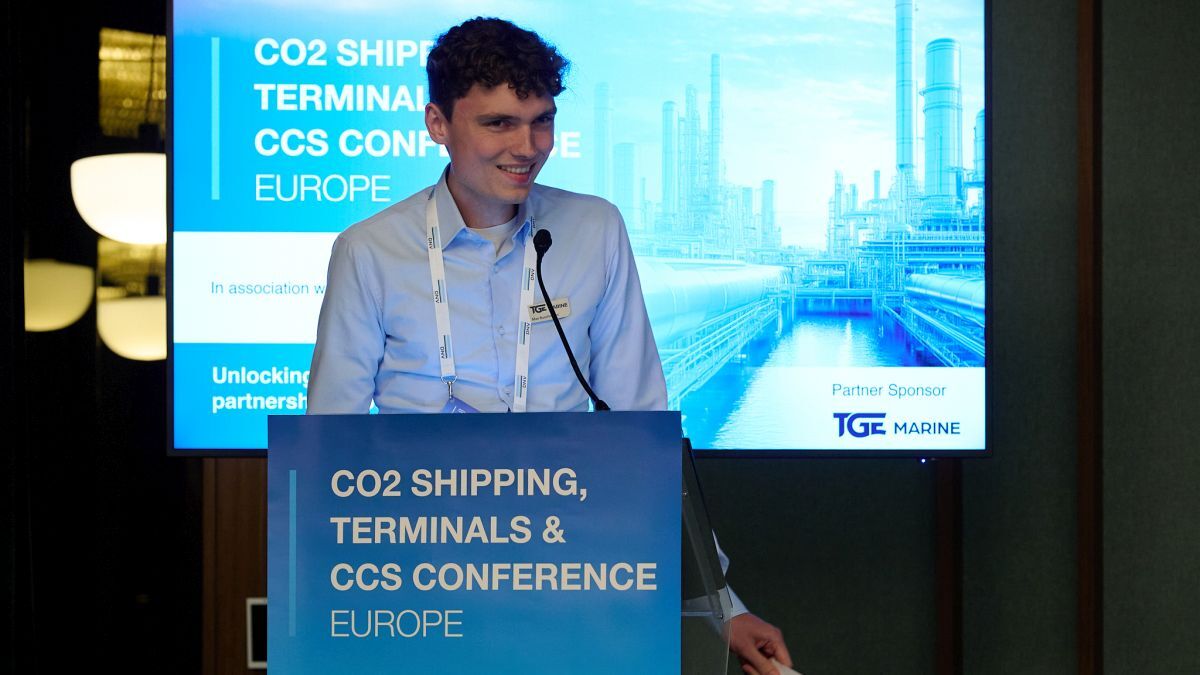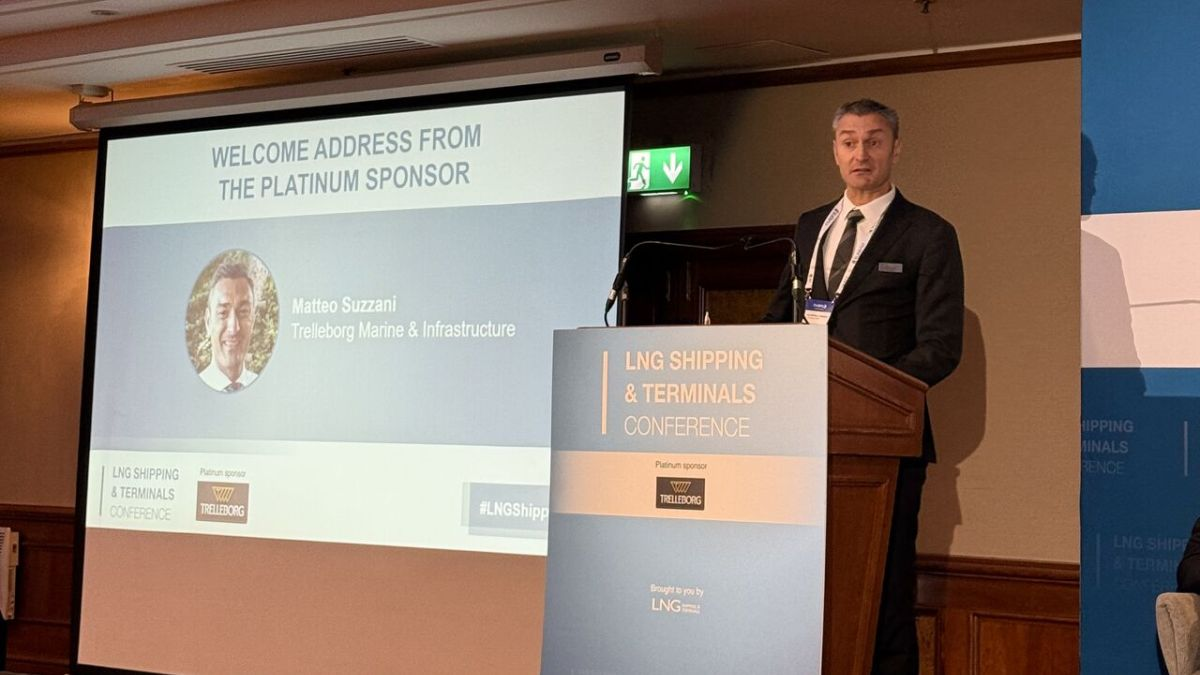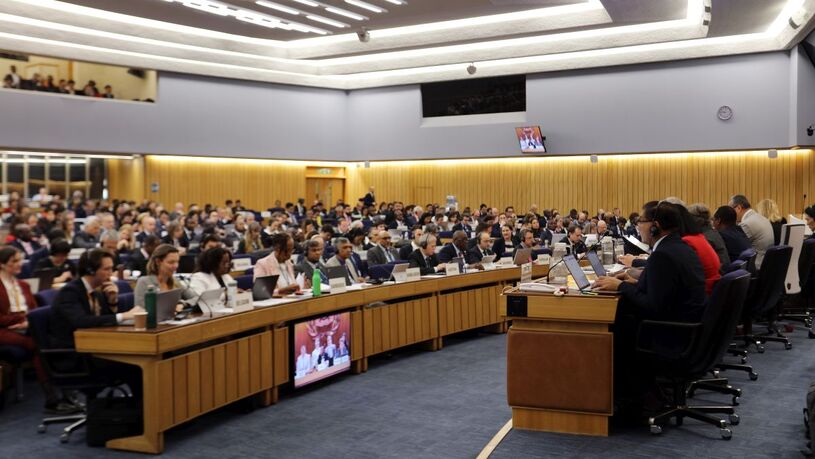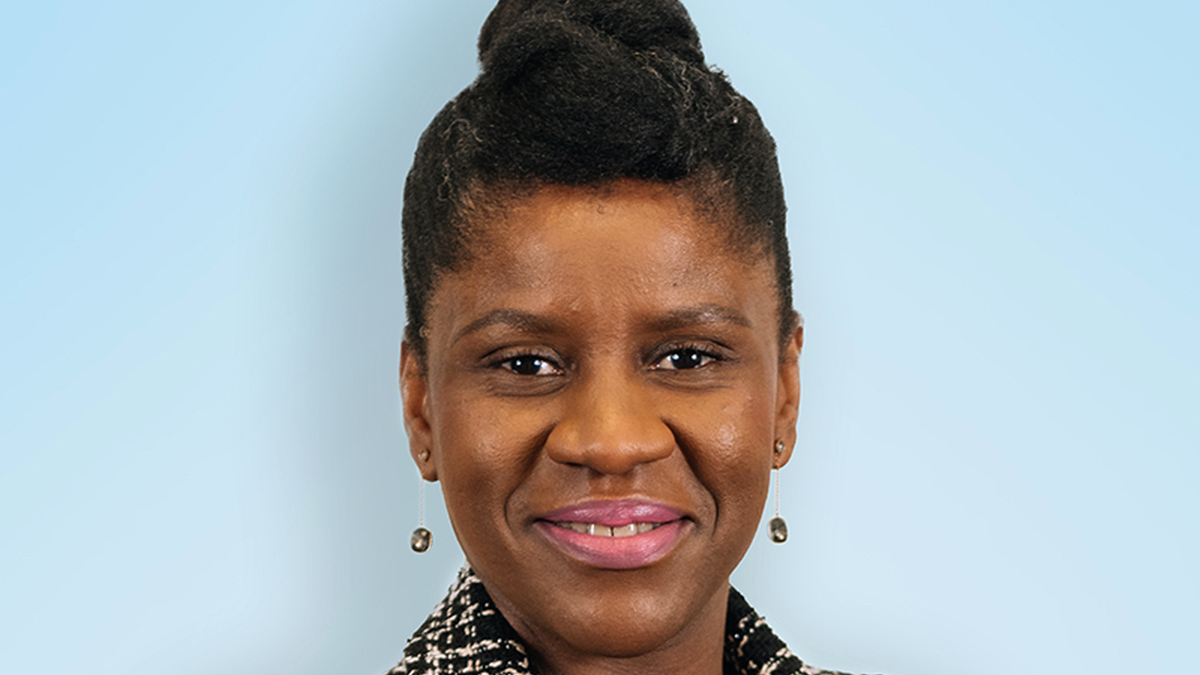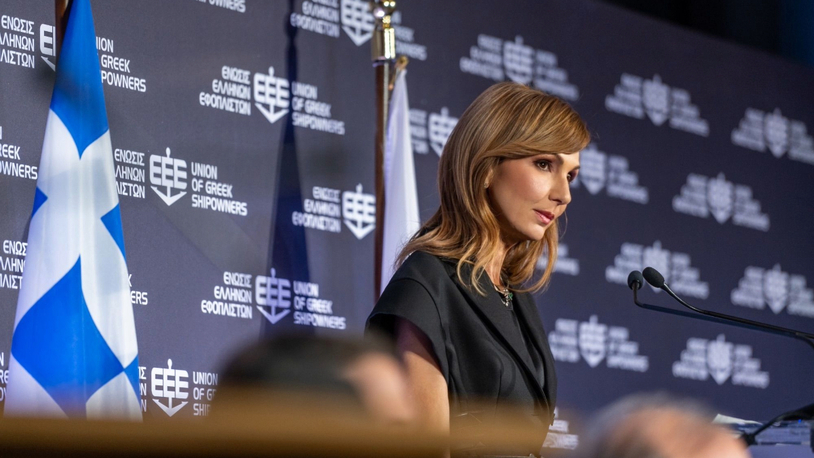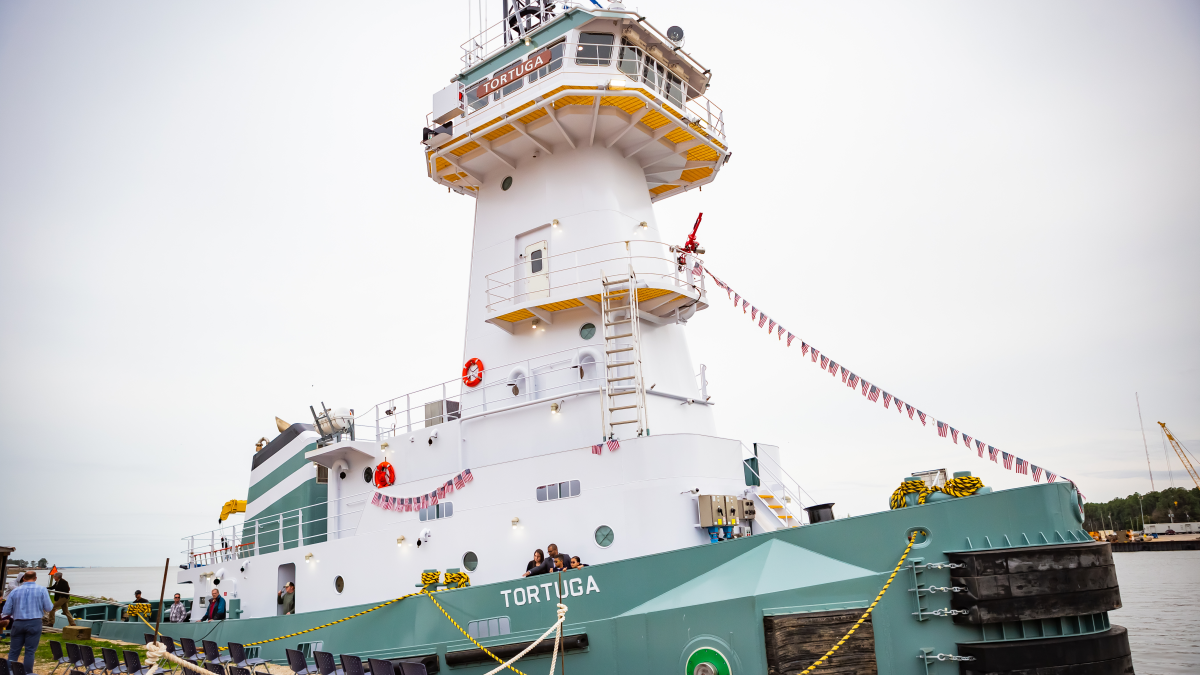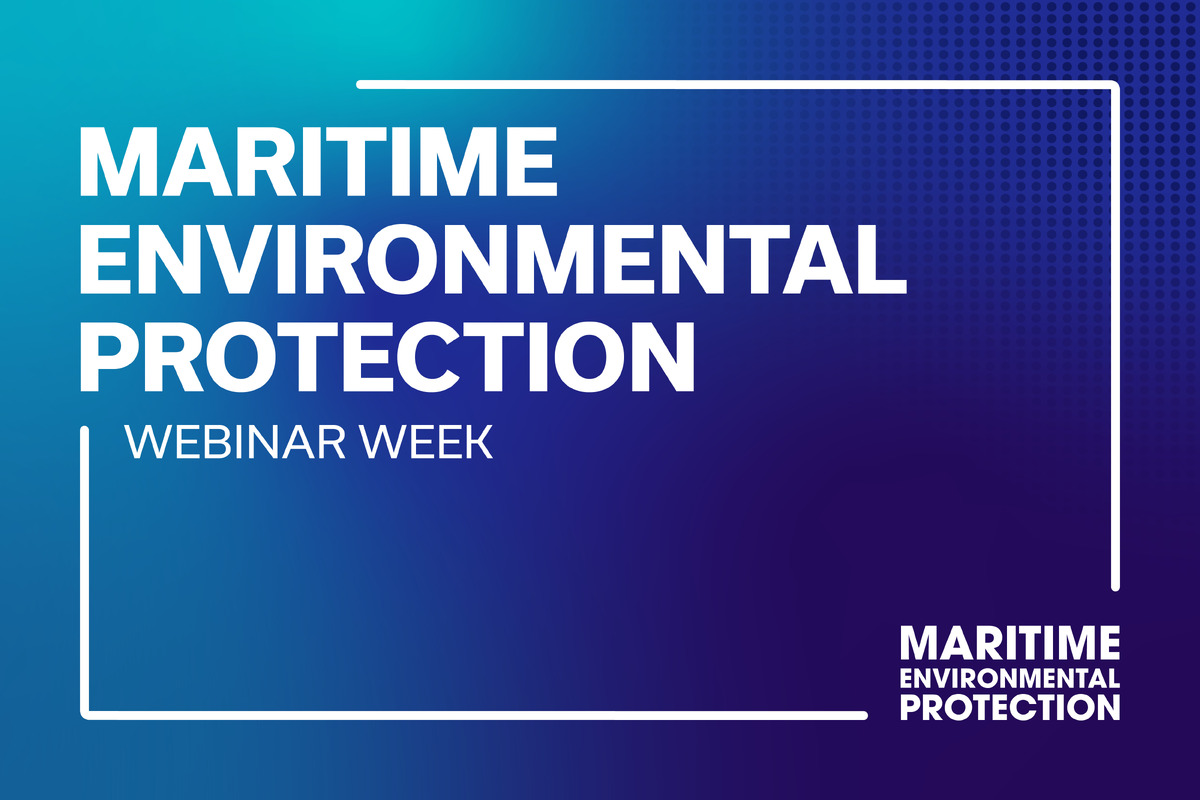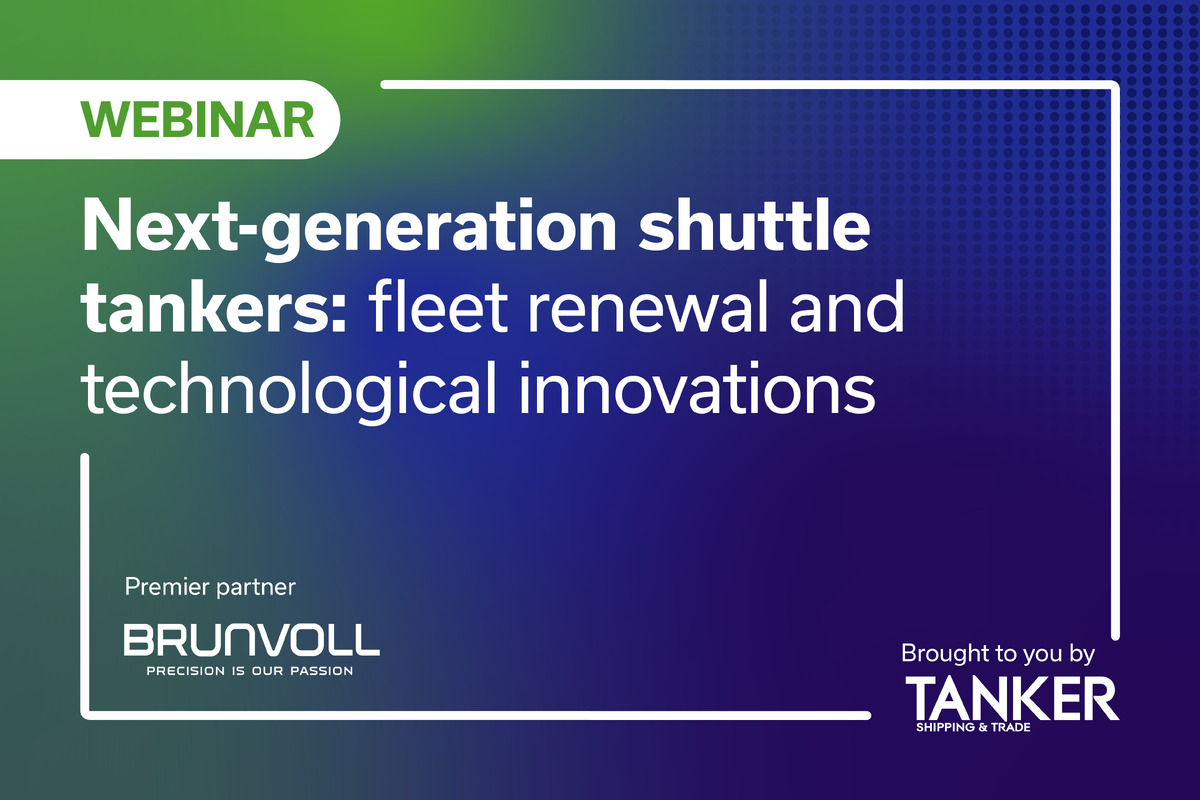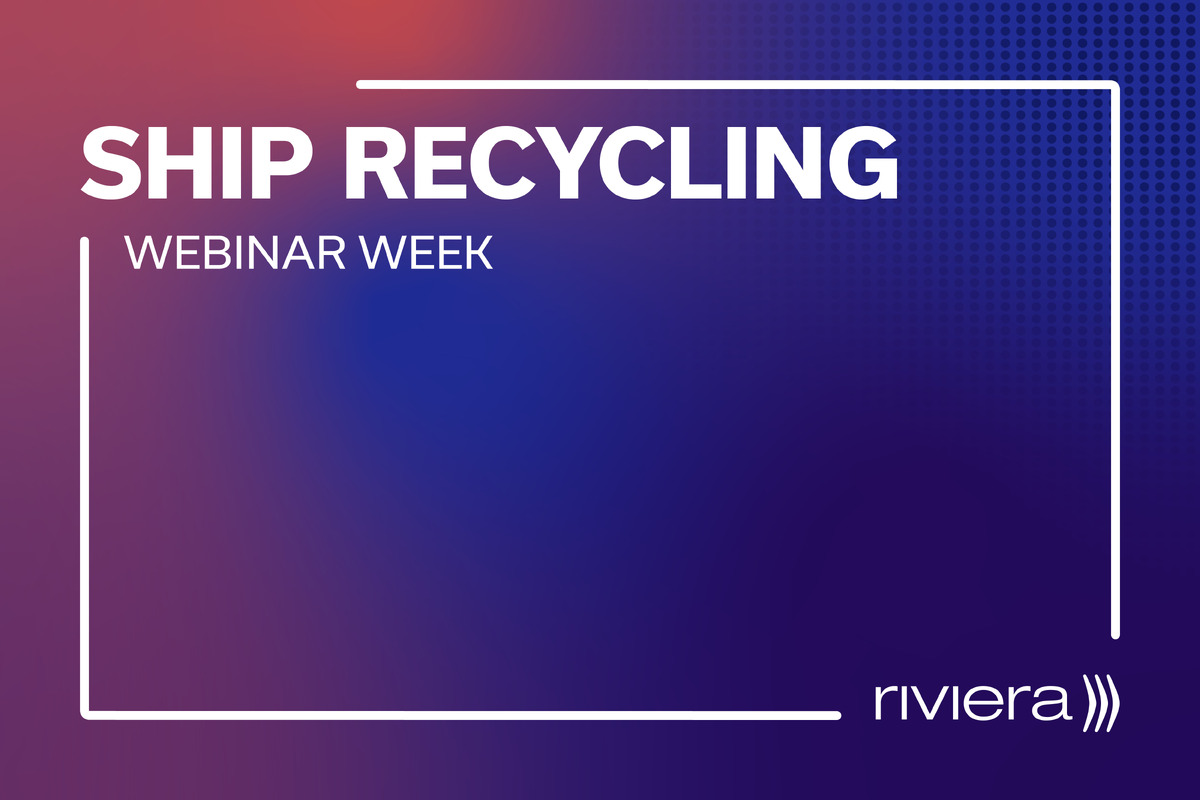Business Sectors
Events
Marine Coatings Webinar Week
Contents
Register to read more articles.
BWTS provider closes its doors
Flow Water Technologies first hit the market in the early 2010s with its “no filtration, no pipework reconfiguration, no back pressure issues and no re-plumbing” proposition but a lack of type-approvals means it is no more
The withdrawal from the ballast water treatment sector marks the end of a process that started at the 2013 Maritime Cyprus exhibition (itself now postponed for a year) in Limassol when Flow Water Technologies first came to prominence.
The aim, Flow Water Technologies chief executive Mark Hadfield told Ballast Water Treatment Technology, is to produce “the most energy efficient, compact and cost-effective ballast water treatment system the market has seen.”
At the time, the technology was described as using a seawater conditioning unit, which causes calcium bi-carbonate to revert back to its carbonate form. Crystals form on other ions in the bulk of the water and not on to the ballast water tank and piping, meaning they remain in suspension until discharge.
This reduces the growth sites for bacteria, stops deposits forming in the ballast water tank, and creates a bio-diverse environment for mussels and zoo plankton in which they are unable to host themselves and are more vulnerable to the effects of sodium hypochlorite dosing.
Using this technology eliminates the need for filtering the ballast water.
The electro chlorination unit (ECU) uses only seawater and a high-capacity hybrid electro-activation cell. The ECU takes a feed from the seawater via a washable filter with the design using compact modular cells to meet the required capacity.
In 2019, Mark Hadfield and Flow Water created what was believed to be the first academic and practical crew-training ballast-water treatment (BWT) technology course in the world.
The course was taught at Flow Water Technologies’ facilities in Limassol and used a version of the company’s low-frequency FlowSafe BWT system, modified to incorporate all current BWT methodologies including filters, UV and electro-chlorination.
According to Flow Water Technologies chief executive Mark Hadfield, the aim was to teach ship crew, testers and trainers correct methodologies for dealing with ballast water equipment in a safe environment.
“I want to give something back to the industry,” he said, adding, “This is a not-for-profit exercise.”
In March 2020, just as the world was beginning to understand the seriousness of the Corvid-19 pandemic, Flow Water offered its facilities to increase the production of disinfectant and provide it free of charge to the government in Cyprus.
Since then, there were reports that Flow Water was undergoing testing, but news of the crucial type-approvals from IMO and the US Coast Guard failed to materialise.
On 25 September 2021, Flow Water Technologies chief executive Mark Hadfield issued a statement on the business website LinkedIn, “What should have been the world’s first carbon neutral, filterless BWMS failed to get IMO final approval due to several issues caused by the pandemic despite successful testing.”
Did you miss the last Ballast Water Webinar Week? Sign up here to access the webinar library.
Related to this Story
Events
Marine Coatings Webinar Week
Maritime Environmental Protection Webinar Week
Ship Recycling Webinar Week
© 2024 Riviera Maritime Media Ltd.
